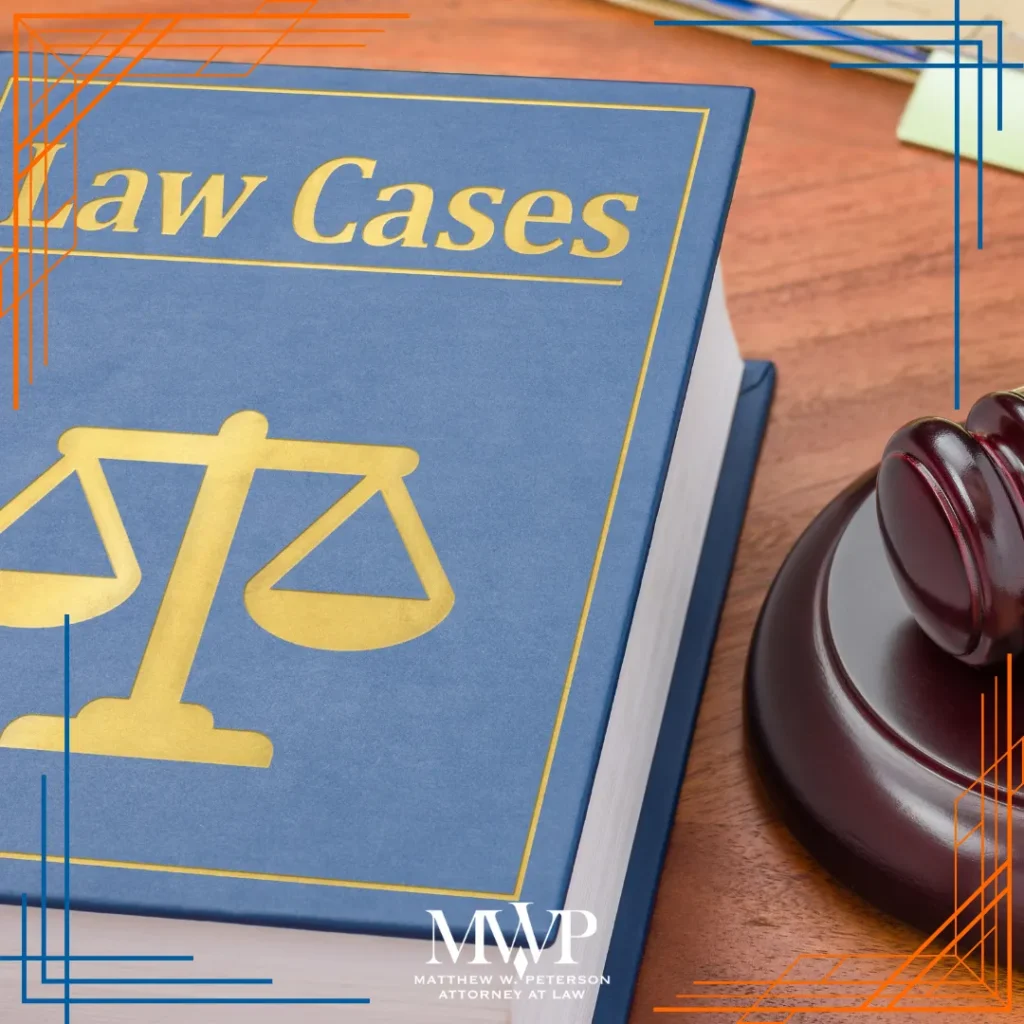Written By: Matthew W. Peterson
Published: 06/10/2019
Share Us:

A continuance without a finding (CWOF) can be a great alternative to a guilty finding, provided you can complete probation. However, there are risks involved. The Law Office of Matthew Peterson is always here to help you when it comes to legal matters!
In a CWOF, you admit that the Commonwealth could prove sufficient facts against you, but the court does not find you guilty. Instead, you are placed on probation for a specified period, during which the judge may impose additional conditions. If you successfully complete these conditions, the case is dismissed.
Despite its advantages, a CWOF carries certain risks:
A Criminal Defense Attorney in Boston MA can help you secure a CWOF for your case. Generally, the case must be relatively minor for the court to impose a CWOF. Contact us today so we can evaluate your case. Call the Law Office of Matthew Peterson at (617) 295-7500, and let’s get started on your defense!
The duration of a CWOF typically depends on the specific conditions set by the judge and the nature of the offense. Generally, probation periods can range from six months to several years, depending on the case.
No, you cannot appeal a CWOF since it is not a guilty verdict. However, if you believe there was an error in the process or if your rights were violated, you may have other legal options to explore.
Once you successfully complete your probation and any imposed conditions, the case is dismissed. This means that you will not have a criminal conviction on your record for that offense.
Yes, there are alternatives to a CWOF, including pleading not guilty and going to trial, entering into a plea bargain, or seeking other diversion programs depending on the nature of the charges and your criminal history.
While a CWOF is not considered a formal conviction, it may still be visible on background checks depending on how they are conducted. Employers may view it differently than a guilty conviction, but it can still impact your job prospects in certain fields, particularly those requiring security clearances or licenses.
The Right Strategy to Win Your Criminal Case
Disclaimer: Although I am an attorney, I am not your attorney. Please do not rely on anything on our website as legal advice because any specific advice would depend on your situation. Any results posted on this page are not guarantees of outcomes in your case.
Our Locations
Boston Office
(Cheap parking! We validate parking at 136 Blackstone St, Boston, MA 02109 (Haymarket, Parcel 7 parking garage), $3 for three hours.)
Salem Office
Quick Links

The Right Strategy to Win Your Criminal Case
Disclaimer: Although I am an attorney, I am not your attorney. Please do not rely on anything on our website as legal advice because any specific advice would depend on your situation. Any results posted on this page are not guarantees of outcomes in your case.
Our Locations
Boston Office
(Cheap parking! We validate parking at 136 Blackstone St, Boston, MA 02108 (Haymarket, Parcel 7 parking garage), $3 for three hours.)
Salem Office
Quick Links